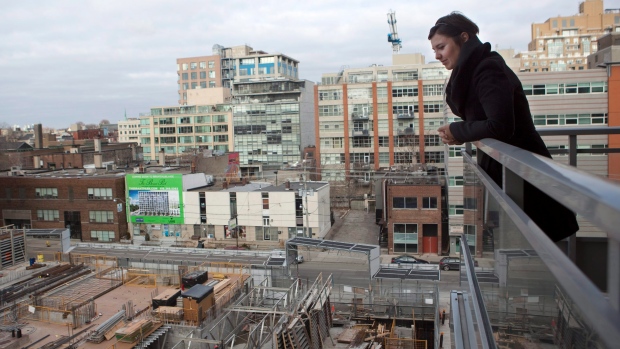
Urban real estate is a hot commodity in Canada. Suburban real estate, not so much. PricewaterhouseCoopers, in coordination with the Urban Land Institute, analyzed urban and suburban properties and found a lot more office space in the central city worth buying or holding than in the burbs [PDF].

For its 2014 Emerging Trends report, one of the "most highly regarded and widely read forecast reports in the real estate industry," PwC interviewed more than 1,000 real estate professionals. Those experts were bullish on urban office and residential development and bearish on suburban development of all types.
The authors say the growing preference for urban space is unmistakable:
Reverse migration from the suburbs to downtown areas is one of the most forceful and rapidly emerging secular trends in corporate office and residential retail. Older space and less favorable suburban locations will need to transform to meet the needs of the market.
One major factor influencing the trend, PwC says, is that many Canadians have grown tired of long commutes. Government policies, like those that drive Toronto development toward transit-accessible locations and away from the urban fringes, also play a role. Mixed-use developments in urban areas where residents can "live, work and play," are considered hot.
"Suburban office is a declining commodity that has no staying power," one interviewee reported.
PwC reports that while the "return to cities" trend has driven a lot of new urban housing development, retail has been slower to make its way back to the center. But in 2014, analysts predict, retailers will follow customers back to the city.





